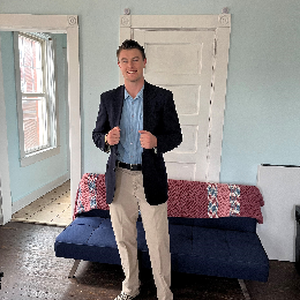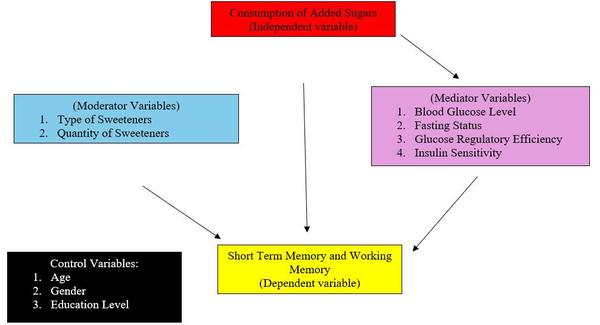Critiques
The first critique focuses on the article "The Effect of High-Polyphenol Mediterranean Diet (Green-MED) Combined with Physical Activity on Age-Related Brain Atrophy: The Dietary Intervention Randomized Controlled Trial Polyphenols Unprocessed Study." Analyzing this article allowed me to delve into the fascinating relationship between diet, physical activity, and cognitive health. Writing the critique challenged me to assess the study's design, statistical analysis, and interpretation of results, as well as consider the broader implications for aging populations. Through this process, I gained a deeper appreciation for the role of dietary patterns in brain health and the importance of rigorous research in advancing nutritional science. This experience not only strengthened my ability to critically evaluate scientific literature but also inspired me to explore how evidence-based dietary interventions can positively impact long-term health outcomes.
The second critique focuses on the documentary "Poisoned: The Dirty Truth Behind Our Food." Watching and analyzing this film was a thought-provoking experience that shed light on the vulnerabilities in our food safety systems. Writing the critique challenged me to evaluate the documentary's arguments, use of evidence, and emotional appeals while considering the broader implications for public health and policy. The process deepened my awareness of the systemic issues in food production and the critical role of transparency and regulation. This assignment not only sharpened my critical thinking skills but also reinforced the importance of advocating for safer, more accountable food practices.
Critique 3 is a critique of a brochure for the Mediterranean diet. Critique 4 is a critique of an eating well brochure from Australia for the elderly and their caregivers. I included these items because they show that even when created by professionals flaws can occur. Both brochures provided valued information, but it takes someone with a practiced eye to pick out the flaws, weather they be misinformation or misunderstandings. These serve as a reminder to check every detail before thinking something is finished.
Creations
The first creation is a study that explores the link between added sugar intake and cognitive performance, specifically short-term and working memory, among online graduate nutrition students at King’s College. Using dietary surveys and cognitive tests, it compares students with high and low sugar intake. With U.S. adults consuming far more added sugar than recommended, concerns extend beyond physical health to potential cognitive effects. The findings highlight the importance of balanced diets, particularly for students managing demanding academic workloads.
The second creation is a description and video script for an Understanding Nutrition Science assignment. As someone passionate about promoting healthy habits, I often find myself explaining nutrition concepts to friends and family. Many people are overwhelmed by the conflicting information they see online and so I developed this video to simplify complex nutritional topics and provide evidence-based information. My goal was to help others make informed decisions about their health. This experience not only deepened my understanding of nutrition but also reinforced the importance of clear, accessible communication in this field.
The third creation is a social media post about creatine supplementation. As a 22 year old with an exercise science degree, my friends ask me a good amount of questions about supplements, in specific about creatine. They ask me about something they heard online and it sounds like they're never given the full story; they either hear that it is a dangerous PED like anabolic steroids or they hear it is completely harmless. I made these three hypothetical social media posts to provide facts and the real truth about creatine and supplementation.
Reflections
The first reflection is my critique of the article "Precision Medicine in the Era of Artificial Intelligence: Implications for Chronic Disease Management." As someone interested in the intersection of technology and healthcare, this article provided an exploration of how AI could transform precise medicine. Through this process, I gained a deeper appreciation for the complexities of integrating AI into personalized medicine and its potential to revolutionize patient outcomes. This experience also highlighted the importance of maintaining a critical lens when analyzing emerging trends in healthcare.
This reflection focuses on my three-day dietary analysis. Conducting this analysis was an eye-opening experience that allowed me to take a closer look at my own eating habits pre-competion and during a wrestling tournament. Tracking everything I ate and drank over the three days helped me identify patterns I wasn’t fully aware of, such as my excess consumption of sodium. Analyzing the data gave me a clearer picture of how my diet aligns with recommended guidelines and where there’s room for improvement. This assignment not only expanded my understanding of nutrition science but also reinforced the importance of mindfulness in making healthier dietary choices.



